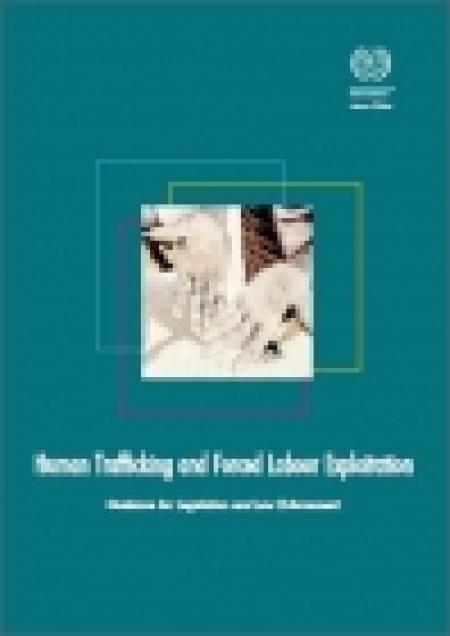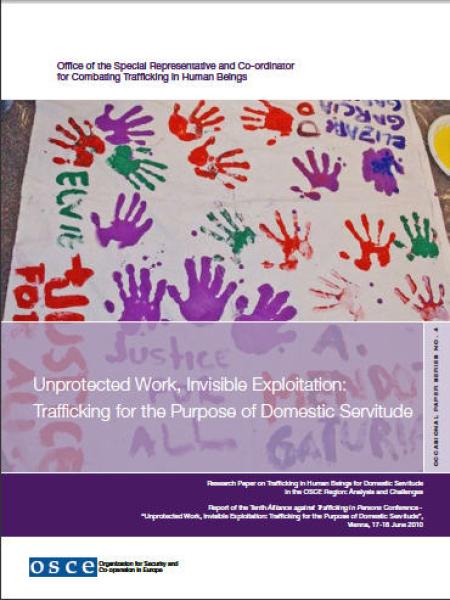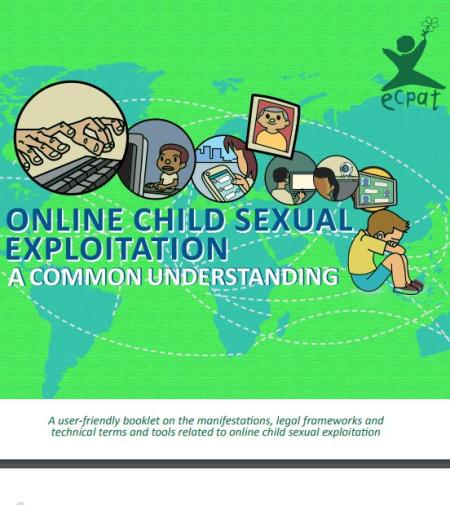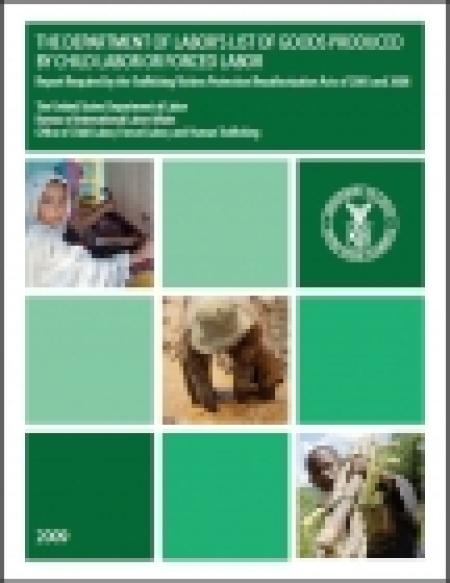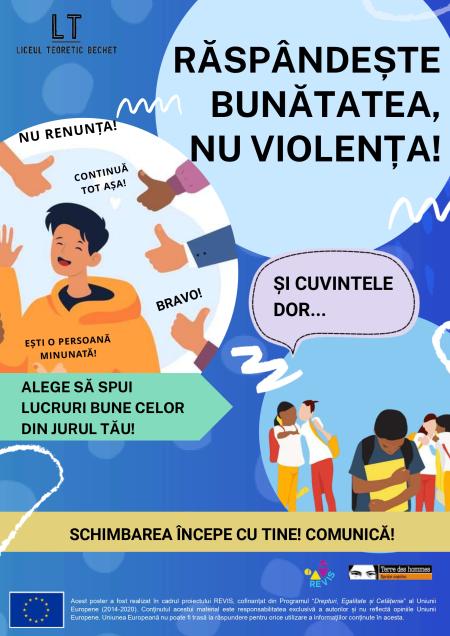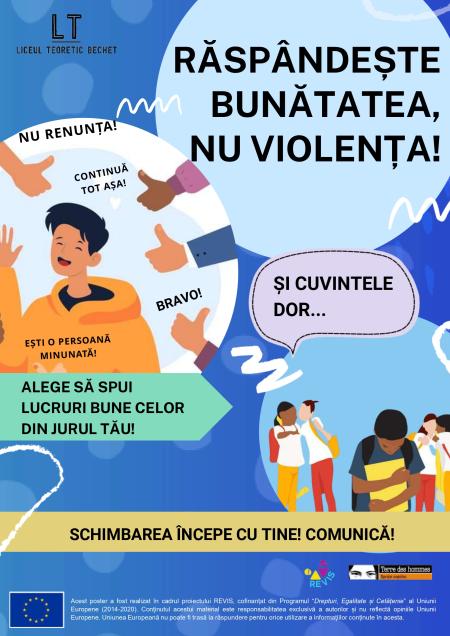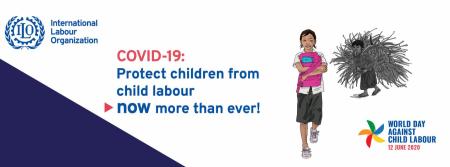
COVID lockdown in the world has resulted in disturbing changes in child labor, exploitation, early marriages and abuse reports. As the education system had to implement an online schooling due to the pandemic, children, especially from disadvantaged families, were forced to work. Child labor apologistists argue that there is a distinction between a “good” and a “bad” labor. Where the good one is doing domestic chores and the bad one is the work in a commercial setting. Yet, the activists claim that any labor, be it good or bad, does cause harm to a child’s well-being, leading to various health problems in the future. Even such a harmless domestic chore as cooking for the whole family might increase the risks of health problems associated with indoor pollution.
Another argument that apologistists use is that labor helps a child to adapt quickly to the real world and acquire the necessary skills. However, there has not been any empirical evidence that working in the childhood is associated with better outcomes in life or better academic success. As the activists state, children should not be dedicating more than certain hours daily to domestic chores and the task should be appropriate for the child’s age. In no case, a domestic chore should be impeding a child from receiving a quality education, nor threaten child’s health. Anything that goes in contradiction with that is to be considered as child labor exploitation.
Government and other organizations do not take actions against child labor pretending to have more important issues to solve. Also, contextual constraints such as poverty, religion or traditions serve as an excuse for government to take measures, even though it was proven that cultural practices can be altered by political actions. Instead of finding thousand excuses and being satisfied with the status quo, we should take initiatives and act.


